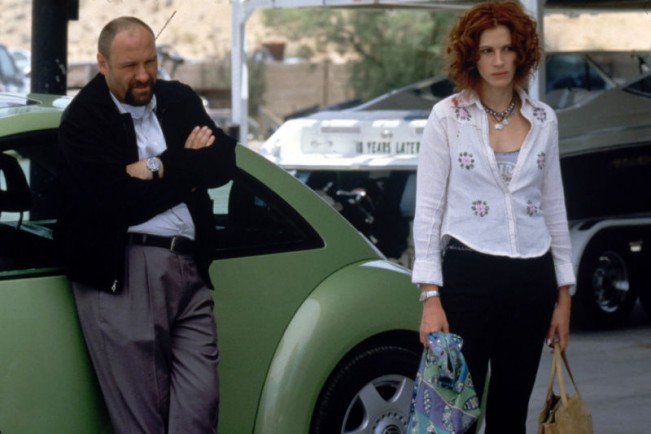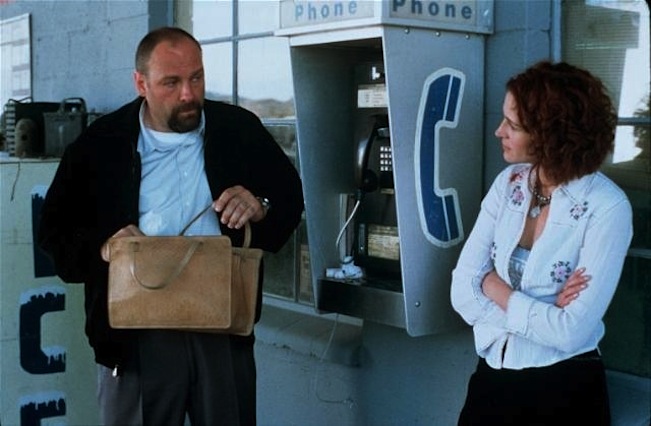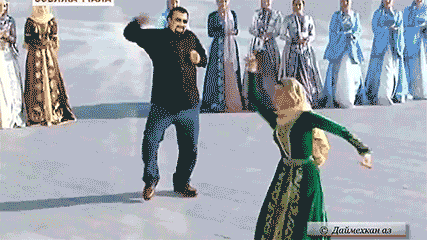Movie City Indie Archive for June, 2013
Trailering Masha Tupitsyn’s New Book, “Love Dog”
“In 2011, Masha Tupitsyn published LACONIA: 1,200 Tweets on Film, the first book of film criticism written entirely on Twitter. LACONIA experimented with new modes of writing and criticism, updating traditional literary forms and practices like the aphorism and the fragment. Re-imagining the wound-and-quest story, the love narrative, and the female subject in love in the digital age, ‘Love Dog’ is the second installment in Masha Tupitsyn’s series of immaterial writing. Written as a multi-media blog and inspired by Roland Barthes’ ‘A Lover’s Discourse’ and ‘Mourning Diary’—a couple in Tupitsyn’s mind—Love Dog is an art book that is part love manifesto, part philosophical notebook, part digital liturgy.” Book.
Teasing Lars von Trier’s NYPHOMANIAC (1’13”)
“Just think of a bag of chocolate sweeties.”
A FIELD IN ENGLAND Alt-Trailer (1’07”)
Makes Ben Wheatley‘s latest look like an ad on the back cover of a 1970s Sight & Sound magazine.
“The Changing Shape of Cinema: The History of Aspect Ratio” (18’15”)
A James Gandolfini interview for THE MEXICAN (February 2001)
An interview constructed from a press junket roundtable for The Mexican, on assignment for a since-disappeared website. Even at the pokiest questions, Gandolfini was affable, still charmed with sly smiles.
The Mexican is a comic road movie that plays like Sam Peckinpah having his way with a Road Runner cartoon: oddball jokes and sudden violence intermingle in a cheerful, entertaining shaggy dog star vehicle. Brad Pitt plays a doofus named Jerry, who’s breaking up with girlfriend Samantha (Julia Roberts) in the opening scene because she says he’s being “such a fucking moron.” He’s been called upon for an only-in-the-movies “last job” before he can sever his debts to the mob; to retrieve a priceless nineteenth-century pistol that has curse and legend written all over it. The Mexican grants James Gandolfini opportunities to steal scenes from both Pitt and Roberts, which he does with effortless charisma. Most of Roberts’ scenes are with 39-year-old star of “The Sopranos,” and that’s all right with her: she says she’s ready to start a “church of Gandolfini.” Playing a possibly gay hitman named Leroy, Gandolfini finds a sensitive guy who just doesn’t “get” relationships. (The script also has its mean fun with Roberts’ character, who can’t open her mouth without half-digested therapy-speak spurting out.) “You’re a very sensitive person for a cold-blooded killer,” Samantha observes, a line which may explain a lot about what Gandolfini is capable of as an actor after a career in supporting parts in movies like Strange Days and 8MM. Some of the same unlikely charm comes across when talking to the veteran actor about his work: he’s amusingly abashed at all the attention.
What do you think it makes it so easy to visualize you as a killer?
[laughs] Thanks a lot, man! I honestly have no idea. I think, y’know, I don’t look like Peter Pan, number one. I dunno. I wonder about that myself. One good thing about “The Sopranos” is that I’m getting a lot more parts [where] I’m not yelling, I’m not raping or pillaging. There’s a lot more colors that are coming, thank God, ’cause beating up women gets a little old, y’know. You know, wait, take that back. Don’t put that down! That’s horrible! You know what I mean. These parts, you have to go to such a horrible place. Please don’t put that. You have to go a bad place. It’s not a lot of fun sometimes and something I don’t really want to do anymore.
So you look forward to getting away from bad guys.
Sure. I’d to do a little more comedy. Films like Nobody’s Fool, I don’t know why that comes to mind, not that anybody saw that. Just smaller films with not as much violence, I guess. You’re still a certain kind of type. I’ve had a few offers of wonderful characters, but I haven’t been able to do them, they’re not violent, they’re family situations and I’m pleased with that. I kind of took this role because, first of all, the script had a lot of twists and turns. I didn’t know exactly what was going to happen. A lot of scripts you read, you can see a lot of stuff coming. I didn’t really see that in this one. But I didn’t have a ton of time. So I didn’t want to do something where I had to do a lot of research or change a lot of rhythms for? Does that make sense? Because I would have to have done this movie and then gone back to “Sopranos.” I didn’t want to do a huge shift. This seemed to fit in a lot of areas. Plus… Brad and Julia, obviously. And Gore. I met [director] Gore [Verbinski]. It wasn’t like a career decision. It was like, I met these people, I said, Gore is smart. He knows what he’s doing, I mean, y’know, you really can’t go wrong [with good people].
Memories of James Gandolfini
Matt Zoller Seitz‘s reflection is lovely, loving, the work of an observant writer and a deadline newspaperman at staccato finest: “James Gandolfini had an authentic connection with viewers. Everyone who watched him perform, in a starring role or a bit part, came away feeling understood. You watched him act and you thought, “Yes. He gets it. He understands.”
He wasn’t one of them. He was one of us.
“I’m an actor,” he once told a reporter. “I do a job and I go home. Why are you interested in me? You don’t ask a truck driver about his job.”
In the wake of James Gandolfini’s death–of a heart attack, at the appallingly young age of 51–I keep coming back to that realness, and the source of it, his goodness. I got to know him a bit as a reporter, and I can testify that what you’ve heard is true. He was a good man.” [Read. The. Rest.] In 1999, Seitz had one of the few one-on-ones Gandolfini ever did. “I’m not trying to be difficult,” he says. “It’s not that I’m afraid to reveal personal stuff. … It’s just that I really, genuinely don’t see why people would find that sort of thing so interesting.” Asked about his youth, he will volunteer only that he was raised “middle class” or “blue collar.” He says he always liked going to movies. (“John Wayne. You can’t go wrong with John Wayne.”) Asked what he majored in at Rutgers, he says, “I don’t remember.” [There’s more at the link.]
New Yorker editor David Remnick: “As the seasons passed, Gandolfini gained weight at an alarming pace. His death, at the age of fifty-one, in Italy, does not come entirely as a shock. But that makes it no less a loss. Gandolfini was not a fantastically varied actor. He played within a certain range. Like Jackie Gleason, he’ll be remembered for a particular role, and a particular kind of role, but there is no underestimating his devotion to the part of a lifetime that was given to him. In the dozens of hours he had on the screen, he made Tony Soprano—lovable, repulsive, cunning, ignorant, brutal—more ruthlessly alive than any character we’ve ever encountered in television.” Mark Harris writes, “Gandolfini’s deep integrity — a quality he brought to every role he played — helped make ‘The Sopranos’ into an ongoing cliffhanger in which the suspense, over nearly a decade, was not about events so much as about a man’s character.” From my 2001 press junket interview with an affable Gandolfini before the launch of The Mexican, his first film role after “The Sopranos”: “One good thing about ‘The Sopranos’ is that I’m getting a lot more parts [where] I’m not yelling, I’m not raping or pillaging. There’s a lot more colors that are coming, thank God, ’cause beating up women gets a little old, y’know. You know, wait, take that back. Don’t put that down! That’s horrible! You know what I mean. These parts, you have to go to such a horrible place. Please don’t put that. You have to go a bad place. It’s not a lot of fun sometimes and something I don’t really want to do anymore.” So you look forward to getting away from bad guys. “Sure. I’d to do a little more comedy.” Steven Zeitchik has details on two more Gandolfini films stilll to come, including Enough Said, a new Nicole Holofcener comedy.
HOLD. HOLD. CUT TO BLACK. RIP James Gandolfini
Sofia Coppola’s Directorial Debut, LICK THE STAR (1998) (13’50”)
Look who’s got themes…
Trailering COMPUTER CHESS (1’55”)
Amazing that this trailer captures so much of the sensation of the heartening, strangely hilarious and eventually deeply frightening new movie-film-video-hallucination by Andrew Bujalski.













